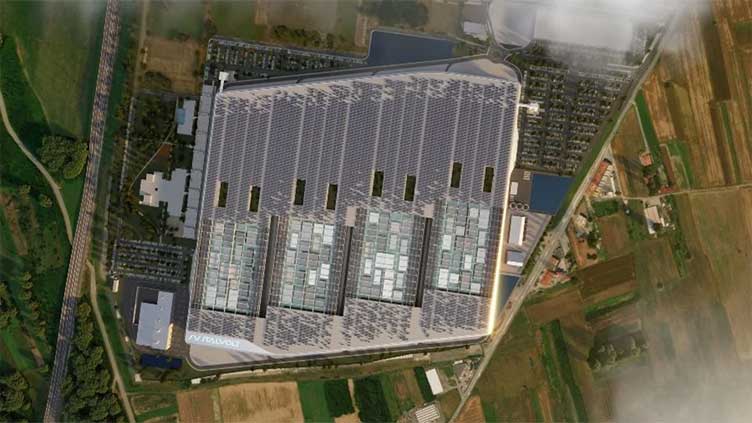Italvolt to license battery technology from Israel's StoreDot

Technology
Italvolt to license battery technology from Israel's StoreDot
BERLIN (Reuters) - Electric vehicle battery maker Italvolt will license fast-charging battery technology from Israeli start-up StoreDot to manufacture lithium-ion batteries at a plant it is raising funds to build in Italy, the companies said on Monday.
Italvolt will ring-fence a minimum amount of the batteries produced at the plant for StoreDot’s business and customers, Italvolt’s statement said, without specifying the amount.
StoreDot, whose investors include the truck division of Daimler, now Mercedes-Benz (MBGn.DE), BP (BP.L), VinFast, Volvo (0175. HK), Polestar [INBSCL.UL] and Samsung [SAGR.UL], develops fast-charging battery cells for electric cars using silicon-rich electrodes that enable the cells to charge more quickly.
It aims to make cells capable of delivering 100 miles (161 km) of range on a 5-minute charge by 2024, down to 2 minutes by 2032, making electric vehicles (EVs) more attractive to potential customers dissuaded by current longer charging times.
The fast-charge capability could also enable EV manufacturers to install smaller battery packs and thus lower the cost of their cars.
Currently, StoreDot licenses technology to its manufacturing partner EVE Energy (300014.SZ) to produce batteries in China and ship them to customers in China and Korea.
This partnership would provide it with a manufacturing partner closer to customers in Europe, Chief Executive Doron Myersdorf said to Reuters.
Italvolt is one of a handful of battery startups trying to raise money and build a homegrown European battery industry to compete with the Asian giants that dominate global sales.
The company, founded by Lars Carlstrom, is in talks with an institutional investor for 500 million euros ($541 million) in funding in tranches over the course of 2023, with which it could begin production, Carlstrom said.
In total, the 45-gigawatt-hour plant will cost up to 3 billion euros.
The company is also in talks with the Italian government for funding, but said it was “too soon to share exact figures.”

